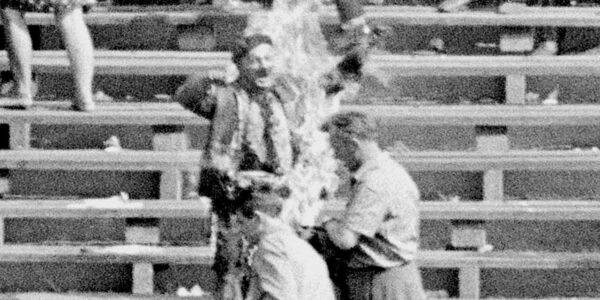
By Beata Bruggeman-Sękowska On September 8, 1968, Ryszard Siwiec committed suicide by public self-immolation in protest against the Warsaw Pact invasion of […]
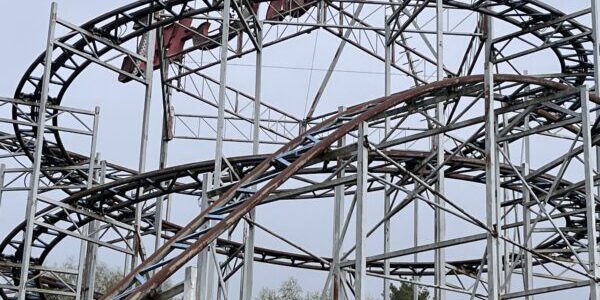
By Beata Bruggeman-Sekowska Born and spending my childhood and teenage years in occupied by totalitarian communist system Poland […]
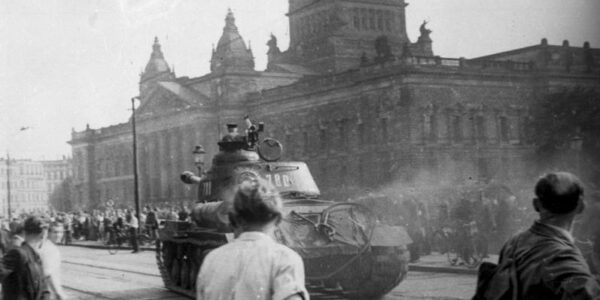
The first major popular uprising against communist oppression in Central/Eastern Europe by Patrick van Schie Between 1954 and 1990, June […]
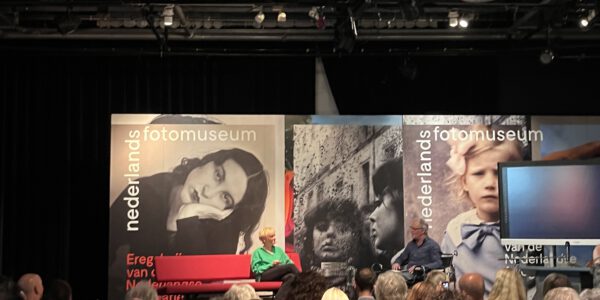
By Beata Bruggeman-Sekowska On May 13th at the Nederlands Fotomuseum a launch of the ‘’Siberian Exiles’’ part 2 by […]
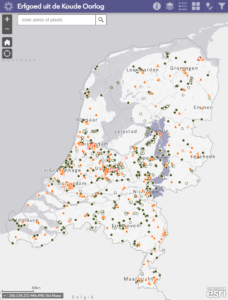
The Menno van Coehoorn Foundation has started an inventory of Cold War heritage in the Netherlands. The aim of this […]
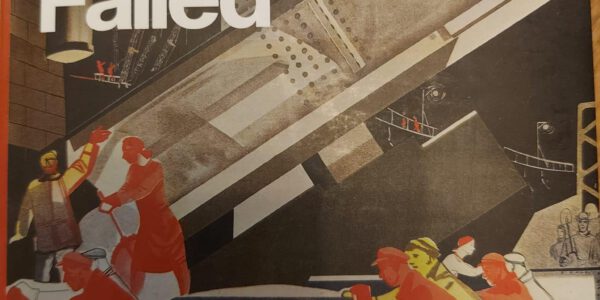
Book report: Jasper Becker, Why communism failed (London, 2022) ISBN 9781787388062; price € 28.99 By Patrick van Schie […]
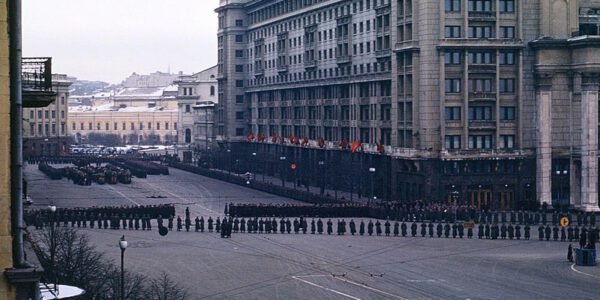
Patrick van Schie After having ruled the Soviet Union for more than a quarter of a century, Josef Stalin […]
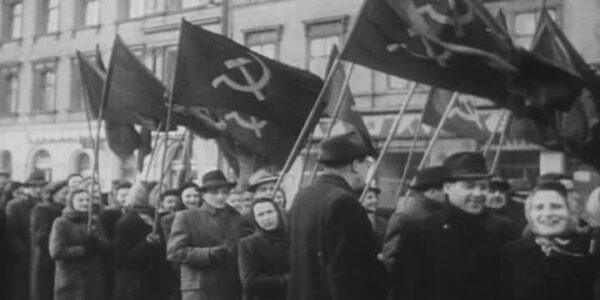
This month it is exactly 75 years ago that the communists finally seized power in Czechoslovakia (at the time, the current Czech Republic and Slovakia formed one country). In all the countries that would disappear behind the Iron Curtain after the Second World War, a similar process took place of the elimination of pro-democratic forces and the establishment of the dictatorship of the communist party. In Czechoslovakia, however, this took longer, which is why many people – both among the democratically minded Czechoslovaks and in the West – harbored the illusion for the longest time that the country would be spared an ‘equalisation’.
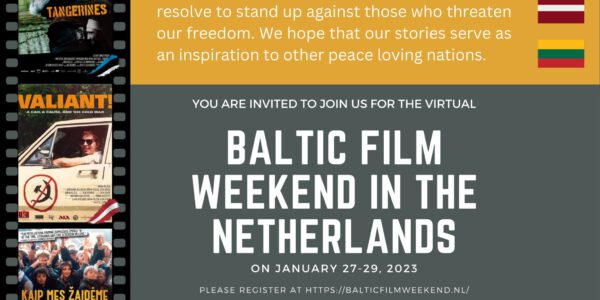
Ambassadors of Lithuania, H.E. Mr. Neilas Tankevičius, Latvia H.E. Ms. Aiga Liepiņa and Estonia H.E. Mr. Lauri Kuusing invite to the 3rd […]
Roger MOORHOUSE British historian and Germanist specialising in the history of modern Central Europe, with particular emphasis on Nazi Germany, […]
Follow Us!